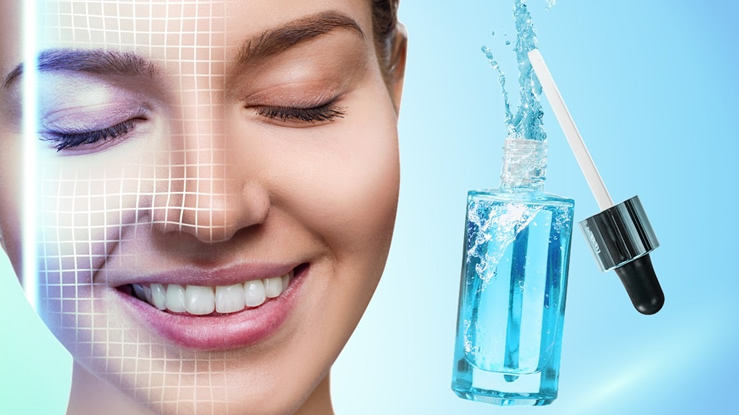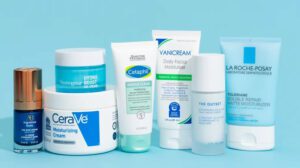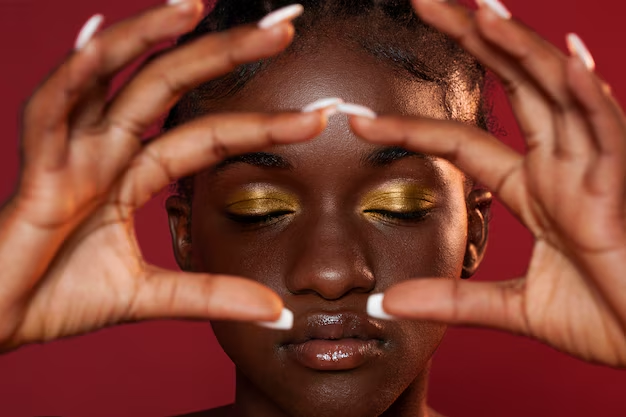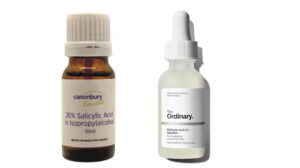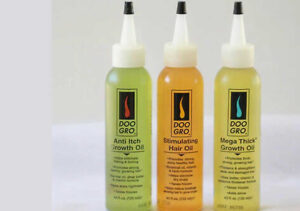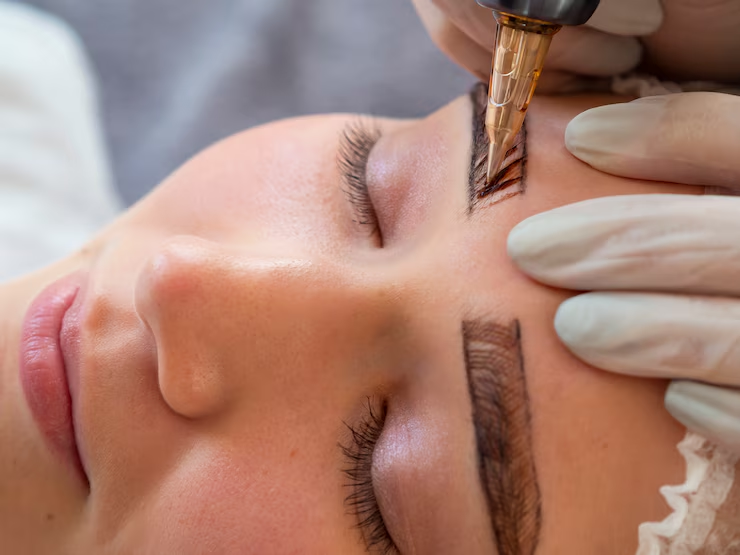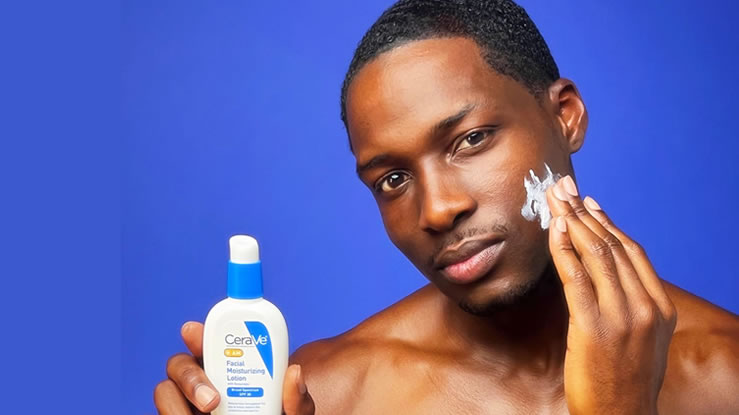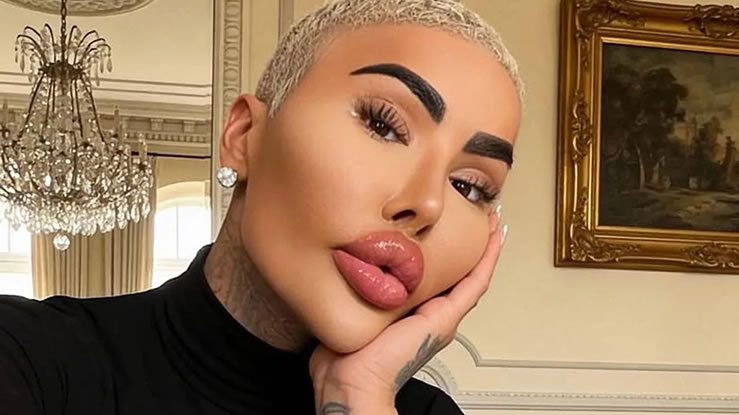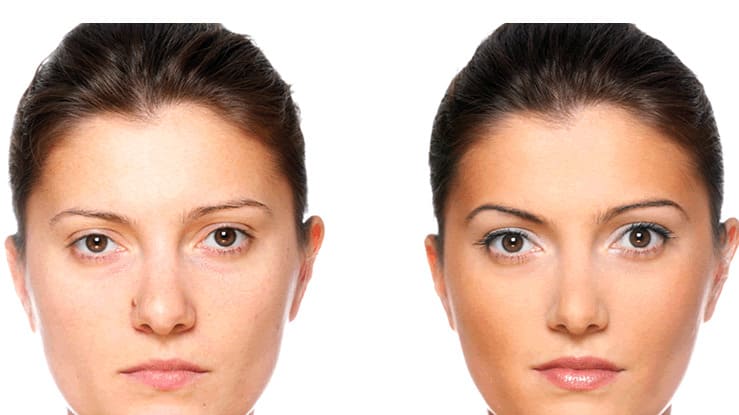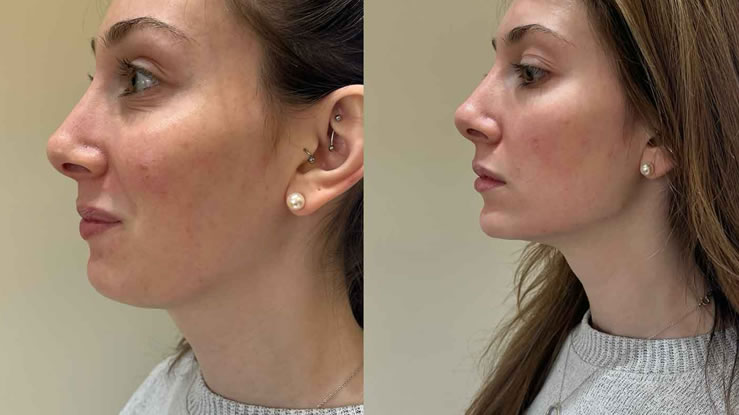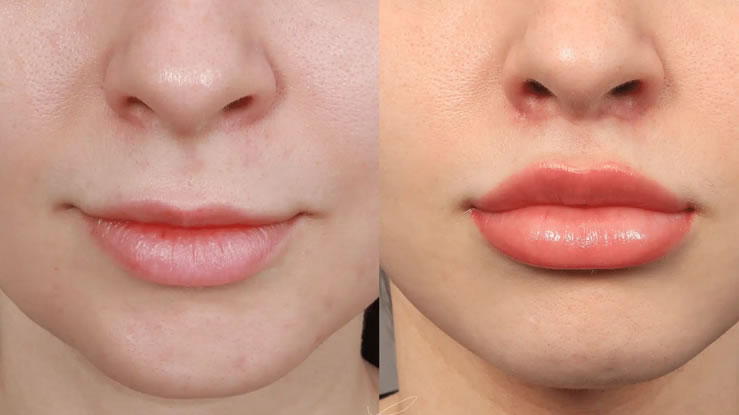In recent years, artificial intelligence (AI) has made significant strides in various industries, and skincare is no exception. AI skincare combines advanced technology and science to offer users highly personalized solutions, taking the guesswork out of achieving healthy, radiant skin.
This article delves into the transformative impact of AI skincare, exploring its benefits, real-world applications, and the future of beauty innovation.
1. What Is AI Skincare?
AI skincare refers to the use of artificial intelligence to analyze skin types, conditions, and concerns, offering data-driven recommendations and solutions. It incorporates tools such as machine learning, facial recognition, and predictive analytics to create customized skincare routines.
Instead of relying solely on generic products or traditional dermatology consultations, AI skincare allows individuals to access tailored advice from the comfort of their homes.
2. How AI Is Changing the Skincare Industry
Traditional skincare has often involved a trial-and-error process, with users spending time and money on products that might not suit their skin. AI skincare eliminates this guesswork by providing precision-based recommendations based on:
- Skin type (oily, dry, combination, or sensitive)
- Concerns (acne, hyperpigmentation, aging, etc.)
- Environmental factors (pollution, humidity, UV exposure)
- Lifestyle habits (diet, sleep, stress levels)
AI skincare uses detailed algorithms and vast datasets to assess these factors, ensuring users get personalized guidance and products that truly meet their needs.
3. Key AI Technologies in Skincare
a. Skin Analysis Tools
AI skincare apps and devices can scan your face, detecting issues such as acne, fine lines, dryness, and dark spots. For example:
- L’Oréal’s Skin Genius evaluates a user’s selfie to identify key skin concerns.
- Neutrogena Skin360 leverages phone cameras to offer personalized feedback.
b. AI-Powered Chatbots
Virtual skincare advisors use AI to answer user queries, recommend routines, and suggest suitable products. These chatbots provide round-the-clock assistance, enhancing accessibility.
c. Custom Product Formulations
AI platforms like Proven Skincare use detailed questionnaires and algorithms to design products specific to an individual’s skin profile.
d. Predictive Analytics for Ingredient Optimization
AI evaluates clinical data and user feedback to recommend the most effective ingredients for specific skin types and concerns, optimizing formulations for better results.
4. Benefits of AI Skincare
a. Personalized Recommendations
AI skincare ensures every recommendation is tailored to individual needs, making it more effective than generic advice.
b. Time and Cost Efficiency
By eliminating the trial-and-error phase, AI saves users from wasting time and money on unsuitable products.
c. Inclusivity
AI considers a broad range of skin tones, types, and ethnicities, offering solutions that are inclusive and diverse.
d. Real-Time Monitoring
Some AI skincare tools track your progress over time, adjusting recommendations as your skin changes.
e. Accessibility
With AI-powered apps and devices, users can access professional-grade skincare advice from anywhere, making it more convenient than traditional consultations.
5. AI Skincare for Diagnosing Skin Conditions
AI has the potential to revolutionize dermatology by diagnosing skin conditions with accuracy. AI-driven tools analyze images of the skin to identify issues like:
- Acne and its severity
- Eczema and psoriasis
- Early signs of melanoma
- Hyperpigmentation and rosacea
This technology allows users to seek early treatment or adjust their skincare routine to address specific conditions.
6. Real-World Examples of AI Skincare
a. Olay Skin Advisor
This tool uses AI to analyze selfies, identifying problem areas and recommending products for concerns like wrinkles or uneven skin tone.
b. YouCam Makeup App
This app combines AI and augmented reality (AR) to help users virtually try on products and get personalized skincare advice.
c. HiMirror
A smart mirror that evaluates your skin daily and tracks changes over time, offering actionable insights and product suggestions.
d. L’Oréal Perso
A cutting-edge device that creates personalized skincare formulas using AI analysis of the user’s skin, environment, and preferences.
7. Challenges in AI Skincare
While AI skincare is promising, it also faces some challenges:
a. Data Privacy Concerns
AI tools require users to share personal data, such as photos and skin information. Ensuring this data is securely stored and not misused is a critical concern.
b. Accessibility Gap
AI skincare tools may not be affordable or accessible to everyone, especially in underprivileged communities.
c. Over-Reliance on Technology
While AI provides excellent recommendations, it may not replace the expertise of a dermatologist in diagnosing complex conditions.
d. Algorithm Bias
AI systems rely on datasets, which, if not inclusive, can lead to biased recommendations that may not cater to all demographics.
8. The Future of AI Skincare
The future of AI skincare looks incredibly promising, with innovations that aim to:
- Improve Accessibility: More affordable AI tools will make personalized skincare available to a wider audience.
- Enhance Accuracy: Advanced algorithms will deliver even more precise diagnoses and recommendations.
- Sustainability: AI will help brands develop eco-friendly products by analyzing sustainable ingredient options.
- Integration with Wearables: AI-powered wearables could monitor skin health in real time, providing instant feedback.
9. Steps to Get Started with AI Skincare
If you’re new to AI skincare, follow these steps to incorporate it into your routine:
- Choose a Reliable Tool: Look for well-reviewed AI skincare apps or devices.
- Complete a Detailed Profile: Provide accurate information about your skin type, concerns, and lifestyle.
- Follow Recommendations: Use the products and routines suggested by the AI consistently.
- Track Your Progress: Use AI tools that monitor changes in your skin to refine recommendations over time.
- Seek Professional Advice: While AI is helpful, consult a dermatologist for complex issues.
10. AI Skincare and Sustainability
AI isn’t just about personalization—it’s also contributing to sustainability in the beauty industry. By analyzing consumer data, AI helps brands:
- Reduce waste by producing only what is needed.
- Optimize packaging to be more eco-friendly.
- Identify sustainable ingredients for formulations.
Brands like L’Oréal and Sephora are leading the charge in combining AI with sustainable practices.
11. AI Skincare: Transforming Lives
AI skincare isn’t just a trend, it’s a game-changer in how we care for our skin. From personalized routines to early diagnosis of conditions, it offers unmatched precision and convenience. As technology advances, the possibilities for AI skincare are endless, making it an exciting frontier in the beauty and wellness industry.
Read Also>>>How can I get clear and clean skin?

